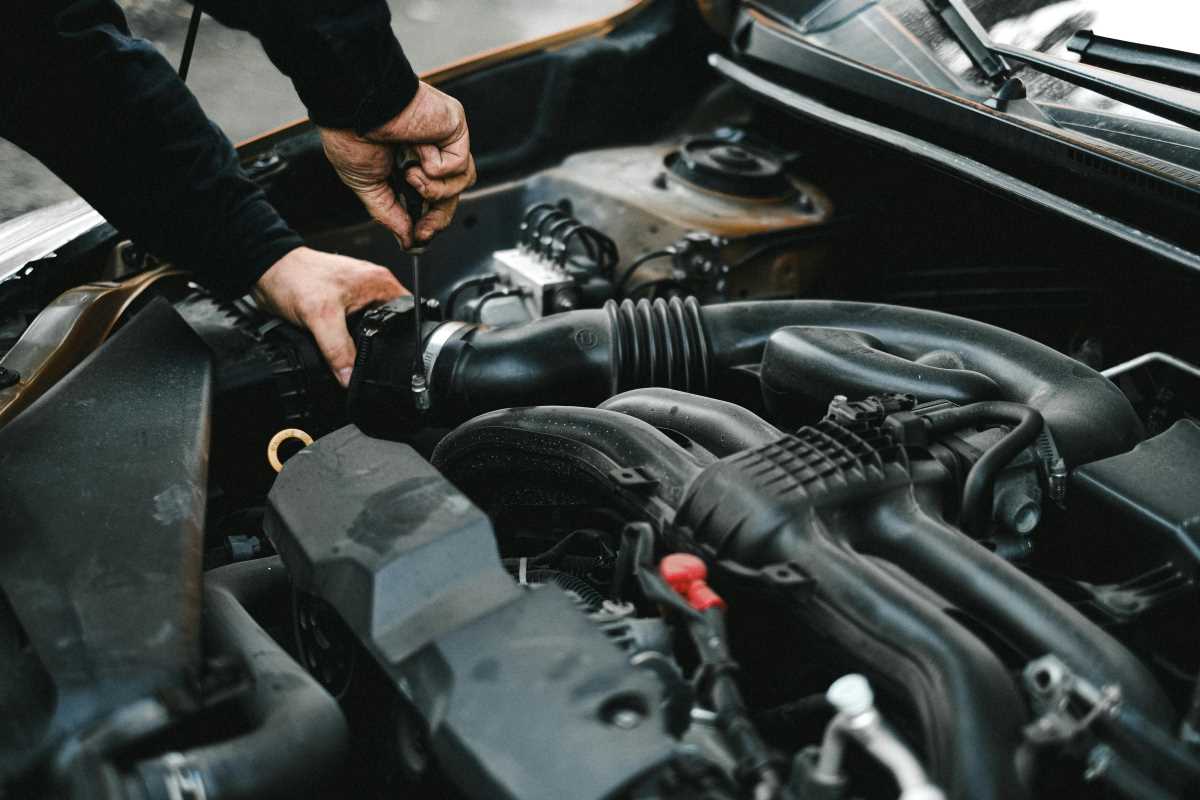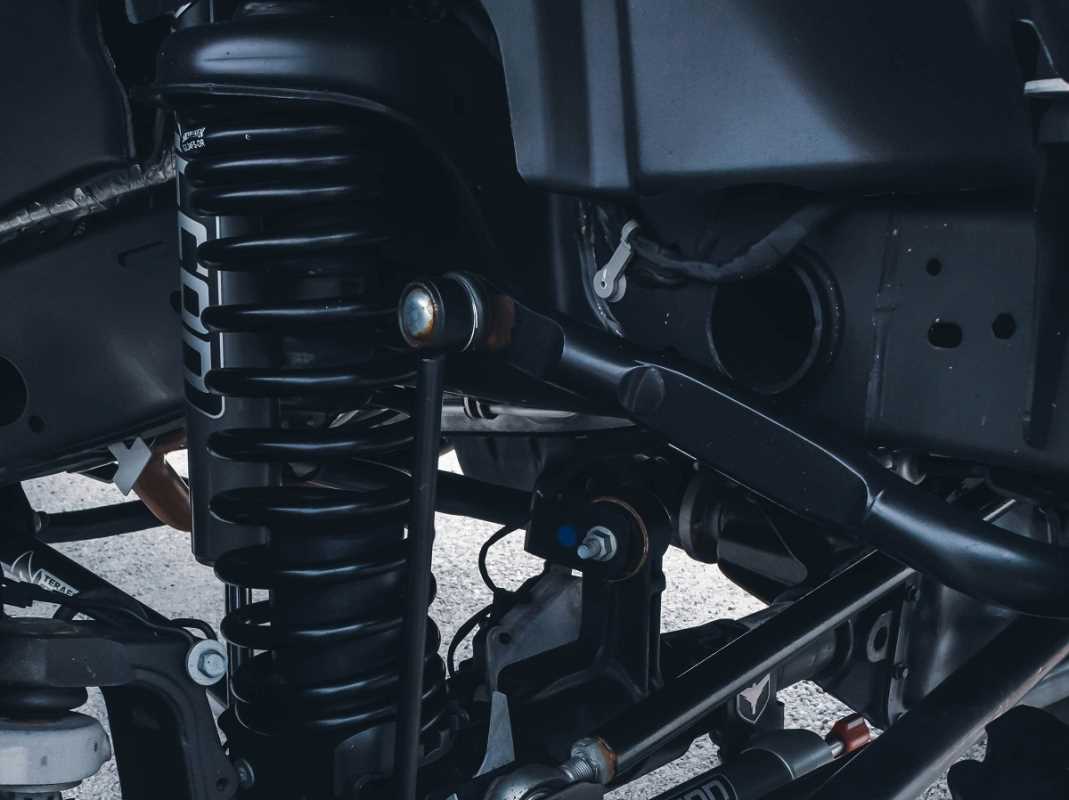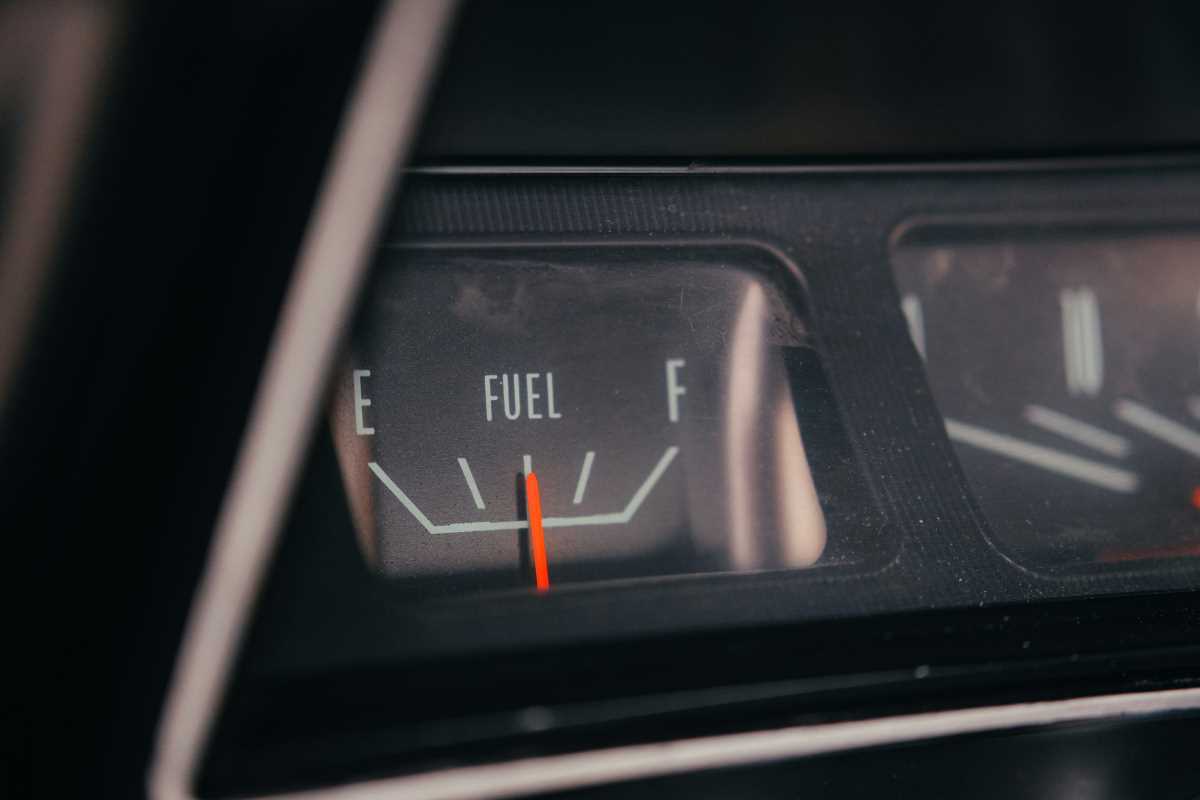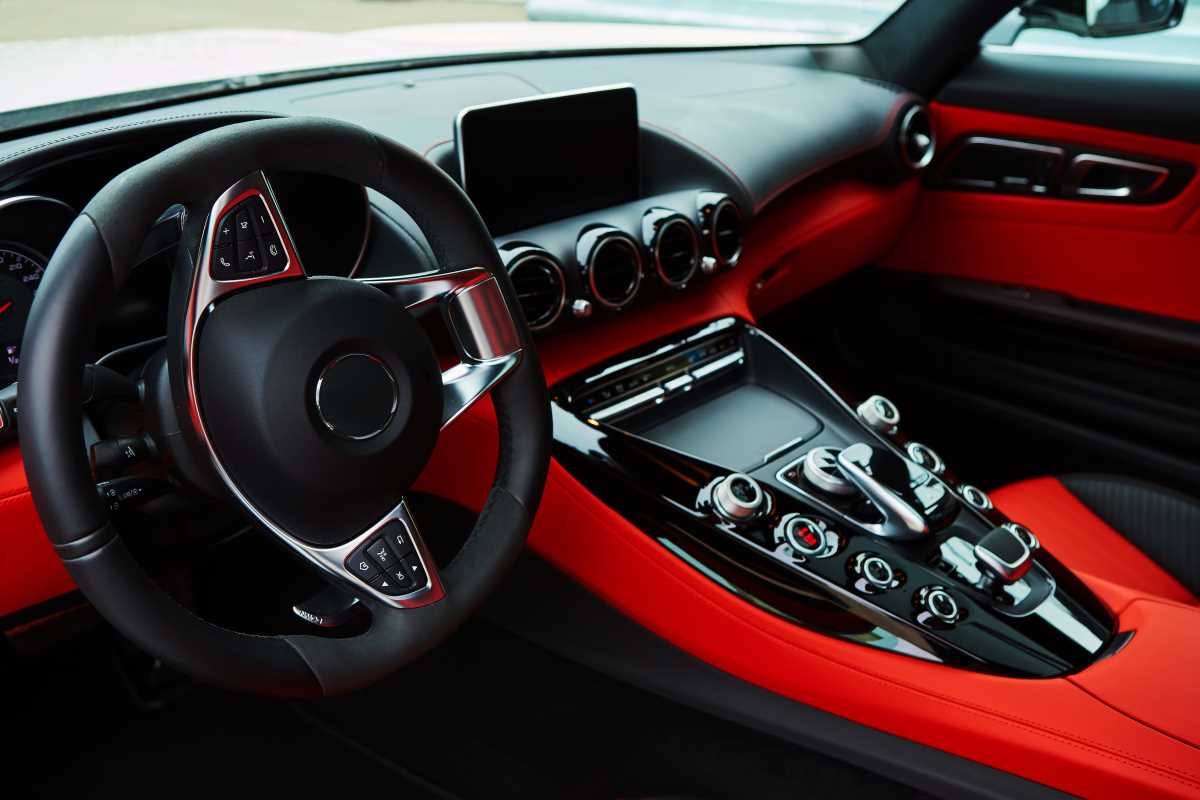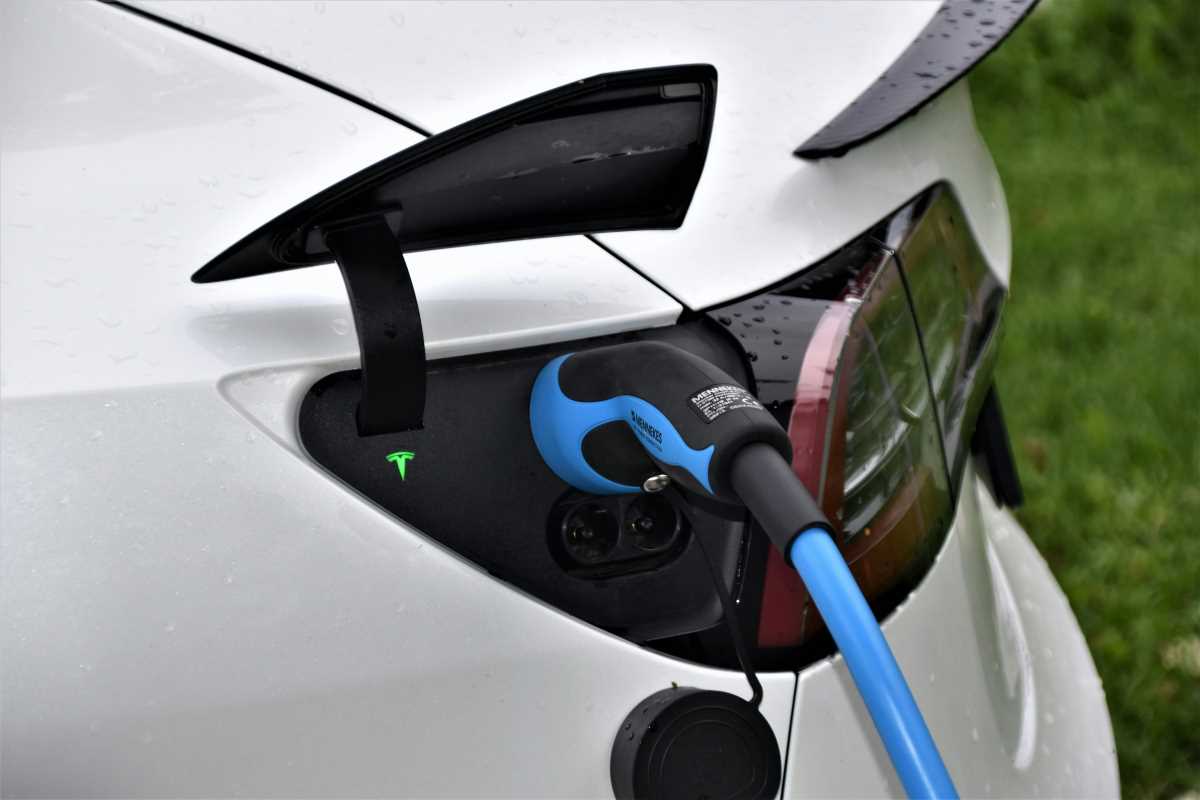Getting under the hood of your car might initially feel overwhelming, yet equipping yourself with the right tools can transform the experience entirely. Whether you're simply securing a loose bolt or embarking on an extensive repair project, the right set of tools can turn any ordinary garage into your very own workshop. For those who love tinkering with their vehicles, having the essential tools on hand is key to handling repairs at home with both ease and confidence. Let's dive into the selection of must-have tools that will empower every DIY car enthusiast to tackle automotive tasks effortlessly.
The Basics: Essential Hand Tools
Every DIYer should start with a solid foundation of hand tools. These tools form the backbone of any car repair project, allowing you to perform a wide range of tasks without relying on power tools. Here are the essential hand tools you'll need:
- Socket Set: A comprehensive socket set with various sizes is crucial for tackling different bolts and nuts commonly found in cars.
- Screwdrivers: A set of both flathead and Phillips screwdrivers will help you handle a variety of fasteners and components.
- Wrenches: Adjustable wrenches and combination wrenches are versatile tools for turning bolts and nuts of various sizes.
- Pliers: Including needle-nose and locking pliers, these are essential for gripping, twisting, and cutting wires or small components.
- Hammer: A reliable hammer is necessary for tasks that require a bit of force, such as removing stubborn parts or fitting components together.
- Tape Measure: Accurate measurements are key in ensuring parts fit correctly, making a durable tape measure indispensable.
Investing in high-quality hand tools can save you time and frustration. Look for tools with comfortable grips and durable materials to ensure they last through countless projects.
Power Tools Every DIYer Needs
Power tools can significantly speed up your car repair tasks and make even the toughest jobs manageable. Here are the key power tools every DIY car enthusiast should consider adding to their toolbox:
- Impact Wrench: Perfect for quickly loosening and tightening lug nuts and other stubborn bolts, an impact wrench reduces manual effort and time.
- Electric Drill: Versatile and powerful, an electric drill is essential for drilling holes, driving screws, and even mixing compounds.
- Angle Grinder: Useful for cutting, grinding, and polishing metal parts, an angle grinder is a must-have for more advanced repairs and modifications.
- Electric Ratchet: Combining the functionality of a ratchet with the power of an electric motor, this tool excels in repetitive tasks like removing multiple fasteners quickly.
- Heat Gun: Ideal for tasks such as removing old paint, shrinking tubing, or softening adhesives, a heat gun adds versatility to your toolset.
When selecting power tools, prioritize quality and reliability. Brands like DeWalt and Makita are renowned for their durability and performance, making them worth the investment for serious DIYers.
Diagnostic Tools for Troubleshooting
Accurate diagnostics are crucial for identifying and resolving car issues efficiently. Having the right diagnostic tools at your disposal can save you both time and money. Here are some essential diagnostic tools every DIY car enthusiast should consider:
A OBD-II Scanner is indispensable for reading and clearing error codes from your vehicle’s computer system. This tool helps you pinpoint issues related to the engine, transmission, and other critical systems, allowing you to address problems before they escalate.
Tools like a multimeter are essential for testing electrical circuits, checking battery health, and verifying the functionality of various components. A circuit tester can also assist in identifying electrical issues by testing for power, ground, and continuity in wires and connections.
Advanced diagnostic tools, such as a circuit analyzer or a compression tester, provide deeper insights into your car’s performance, helping you maintain optimal engine health and functionality.
Safety First: Protective Gear
Ensuring your safety while working on your car is paramount. Protective gear not only keeps you safe from potential hazards but also allows you to work more efficiently and confidently. Here are some essential pieces of protective gear every DIYer should have:
A pair of safety goggles protects your eyes from flying debris, dust, and harmful chemicals. When working in confined spaces or with power tools, goggles are a must to prevent injuries.
Wearing gloves provides a better grip on tools and parts while protecting your hands from cuts, abrasions, and chemicals. Choose gloves that offer both flexibility and durability to enhance your dexterity without sacrificing protection.
Protective clothing, such as long sleeves and durable pants, shields your skin from sharp edges, spills, and heat. Additionally, using a respirator mask can protect you from inhaling harmful fumes and dust particles, especially when sanding, painting, or working with chemicals.
Don’t forget about ear protection when using loud power tools. Earplugs or earmuffs can prevent hearing damage from prolonged exposure to high decibel levels.
Organizing Your Workspace
A well-organized workspace can make your car repair projects more enjoyable and efficient. Keeping your tools and parts in order helps you work more smoothly and reduces the time spent searching for the right tool. Here are some tips to help you organize your workspace effectively:
- Tool Chest: Invest in a sturdy tool chest with multiple drawers to keep your tools neatly stored and easily accessible.
- Wall-mounted Racks: Utilize wall-mounted racks or pegboards to hang frequently used tools, making them visible and within reach.
- Labeling: Clearly label storage bins, drawers, and shelves to quickly locate the tools and parts you need for each project.
- Work Benches: Set up a dedicated workbench with ample space for assembling parts, holding tools, and organizing components.
- Lighting: Ensure your workspace is well-lit with bright, adjustable lighting to reduce eye strain and improve visibility when working on detailed tasks.
Maintaining an organized workspace not only enhances productivity but also minimizes the risk of accidents by keeping pathways clear and tools properly stored.
Having a dedicated and organized workspace can improve your DIY car repair experience, making it more enjoyable and less stressful. Regularly decluttering and maintaining order ensures that you can focus on the task at hand without unnecessary distractions.
Investing in quality tools and maintaining an organized workspace are essential for efficient and enjoyable car repairs, whether you're a seasoned DIYer or a beginner. Prioritizing safety further enhances your home repair experience.
